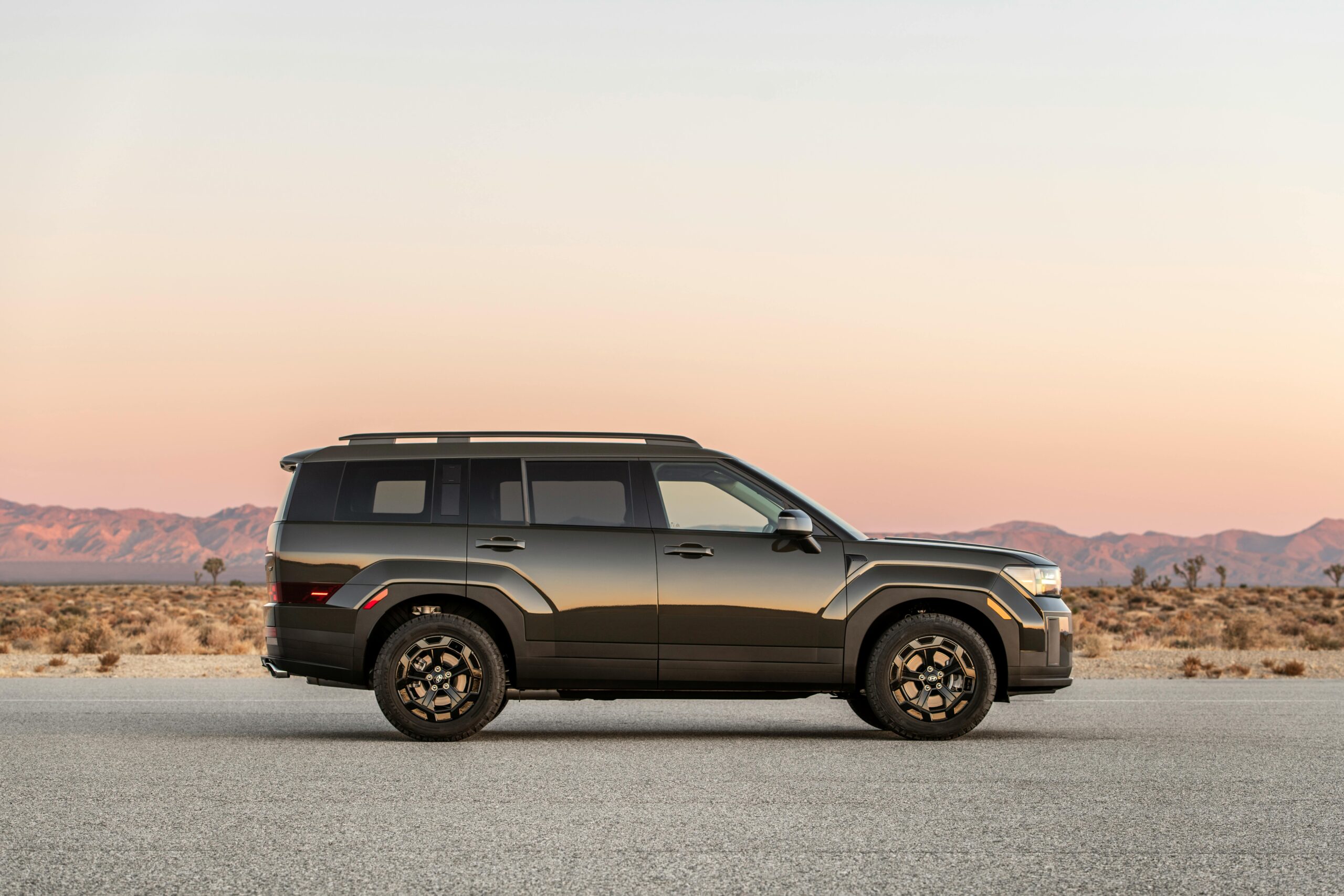The right SUV can make an everyday commute or long drives comfortable. Given the sheer diversity of models on offer, knowing exactly what to look for when buying an SUV is vital. This guide offers step-by-step directions for selecting the right vehicle based on your individual needs and preferences.
Assess Your Requirements
We’ve got to figure out at the outset whether the SUV is a shoehorn or a CGI studio of specification features. Is it going to be used for family needs, or will it be your adventure-mobile? Asking the question about the principal use will lead to a smaller list of choices, and the decision should be much simpler.
Consider Size and Space
SUVs range in shape from compact to full-size. Its compact options are more fuel-efficient and easier to navigate through city streets. Mid-sized models offer more passenger and cargo room, full-sized SUVs give the most passenger space and the most towing capacity of the three classes. Sizing up what space you need for people and gear is a critical part of the selection process.
Evaluate Fuel Efficiency
Not all of it will be a huge gas guzzler, but some SUVs drink gasoline like the history books drank blue ink. Long-distance road users might care more about higher mileage models and so on. Although big SUVs have historically been gas hogs, newer technology has produced more favorably performing units. It can help you choose a model that offers an appropriate mix between power and fuel economy, which can actually vary quite a bit.
Examine Safety Features
When using an SUV, safety should always be one of the highest priorities. Today’s cars have an array of safety technologies. Elements like lane departure warnings, blind-spot monitoring, and adaptive cruise control can keep drivers and their passengers safe. A good safety rating and safety technology can offer peace of mind.
Look at Off-Road Capabilities
If you’re going to tackle the rough stuff, you need some off-road credentials. For weekend adventuring, an SUV with a good suspension setup, 4WD, and high ground clearance is the best choice. By testing these features, one can be sure that the vehicle is suited for all kinds of environments and conditions.
Review Technology and Connectivity
Technology is a massive part of today’s cars. All SUVs come equipped with either an advanced infotainment system, smartphone compatibility, or navigation tools. These attributes make driving more enjoyable and comfortable for occupants. User-friendly technology that satisfies consumer requirements may also boost consumer satisfaction with the automobile.
Consider Budget and Financing
Budgeting is a vital part of shopping for an SUV. And of course, do not consider the cost of entry, but also maintenance, insurance, and possibly (depending on the variant chosen) even fuel. Considering financing alternatives and the overall ownership expense will assist in determining the most beneficial choice for meeting financial objectives.
Test Drive and Compare
One of the most important factors in SUV ownership is how well the vehicle drives, something that only a test drive can convey. You get to assess comfort, visibility and driving dynamics. After test driving, it is easier to compare models, so you know what feels right. If you take the time to test drive five or six you can feel more assured making a purchase.
Evaluate Resale Value
The resale value, especially for people wanting to sell the SUV or trade it in some time later, Certain brands and models hold more value than others. Looking up past resale prices can give you an idea of the long-term resale value of the vehicle.
Check Reviews and Ratings
For validation of performance and general reliability, checking both consumer and automotive expert reviews can be helpful in an SUV buying process. Both ratings and comments reveal strengths and weaknesses, allowing for a more rounded choice for the prospective buyer. It ensures you donít miss out on all the model has to offer, and gives you different opinions.
Environmental Considerations
It is important to choose an SUV that has fewer emissions if the buyer is an eco-conscious individual. Numerous manufacturers provide hybrid or electric models that lower the carbon footprint. Investigating such approaches is in line with sustainability and, you might very well save on fuel bills over time.
See also: Compact Cars: Find the Right Fit for Your Lifestyle
Conclusion
When it comes to choosing the right SUV, plenty depends on the feedback loop. Everything from evaluating personal needs to features, to costs, each step is paramount to making an informed decision. So, whether someone wants a sportier SUV or a more luxurious SUV, dedicating a weekend to research and some test drives will help buyers find the ideal SUV that fits perfectly into their lifestyle.
